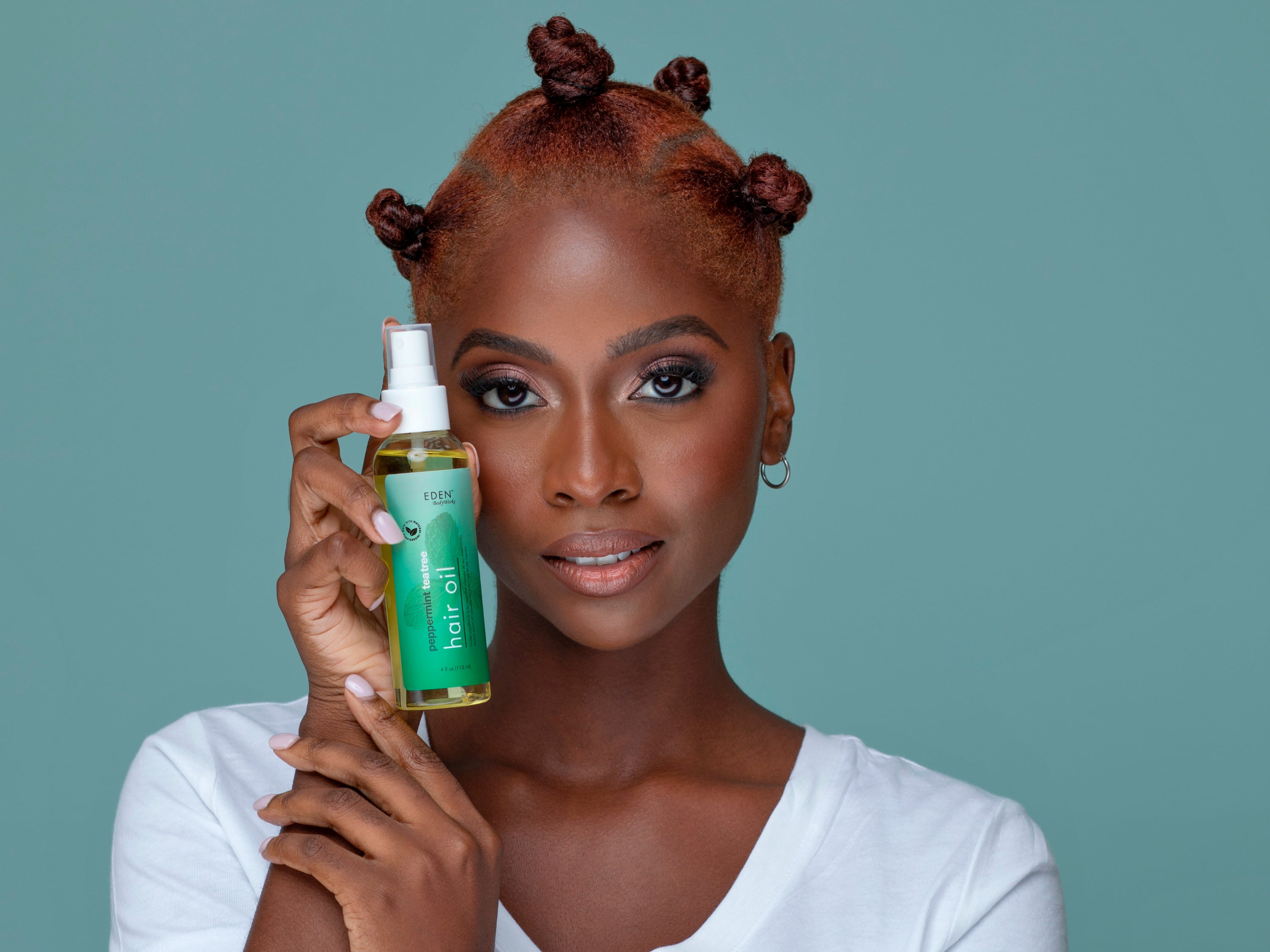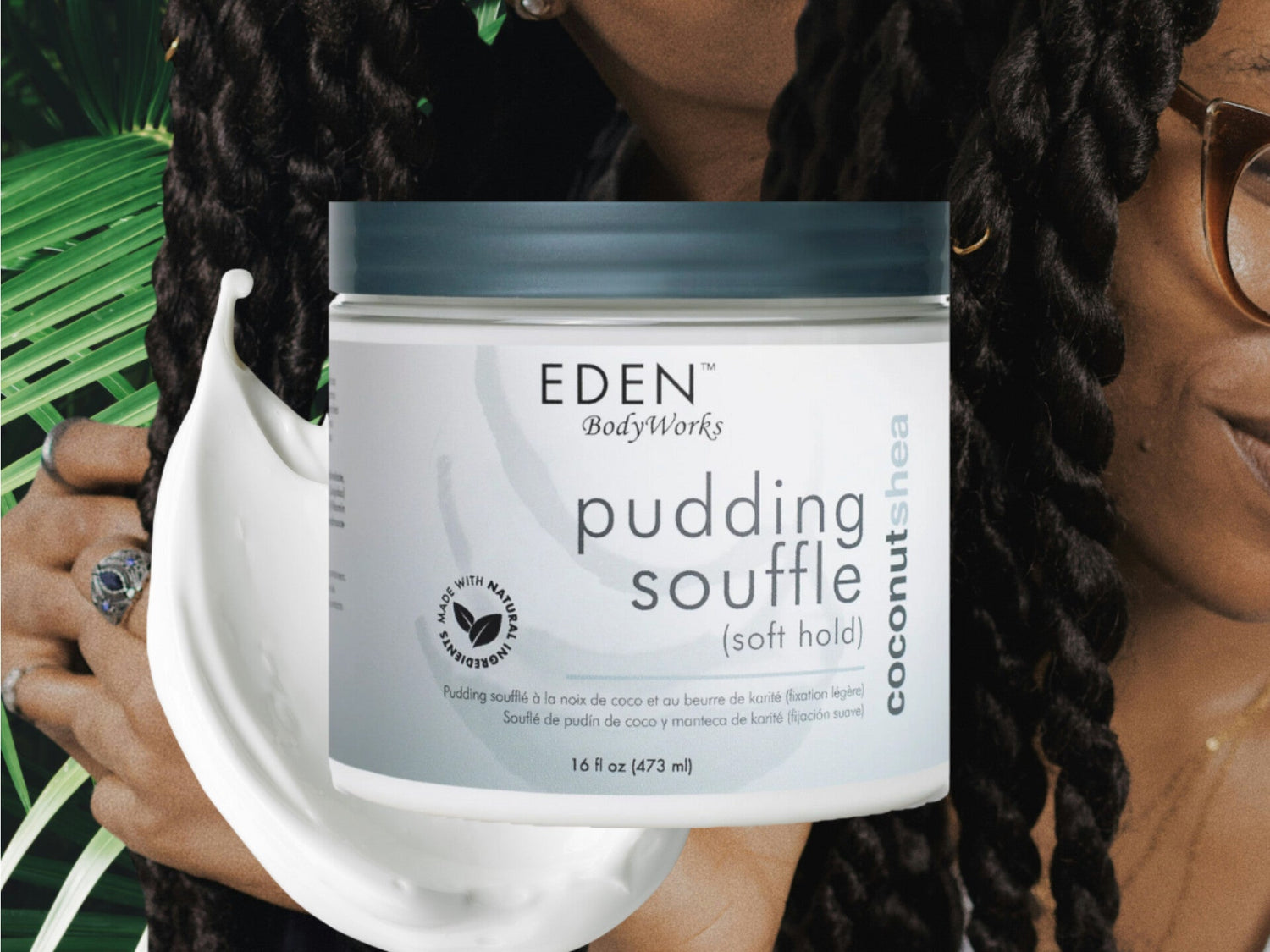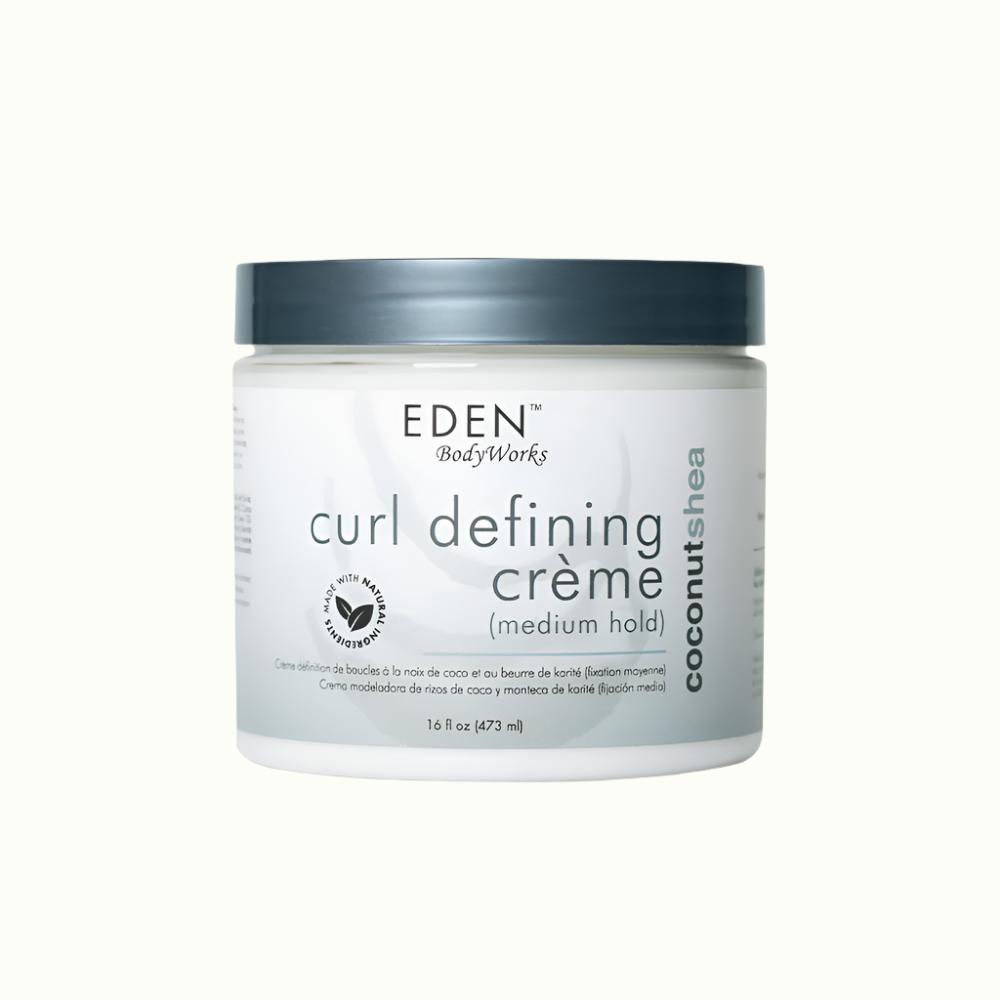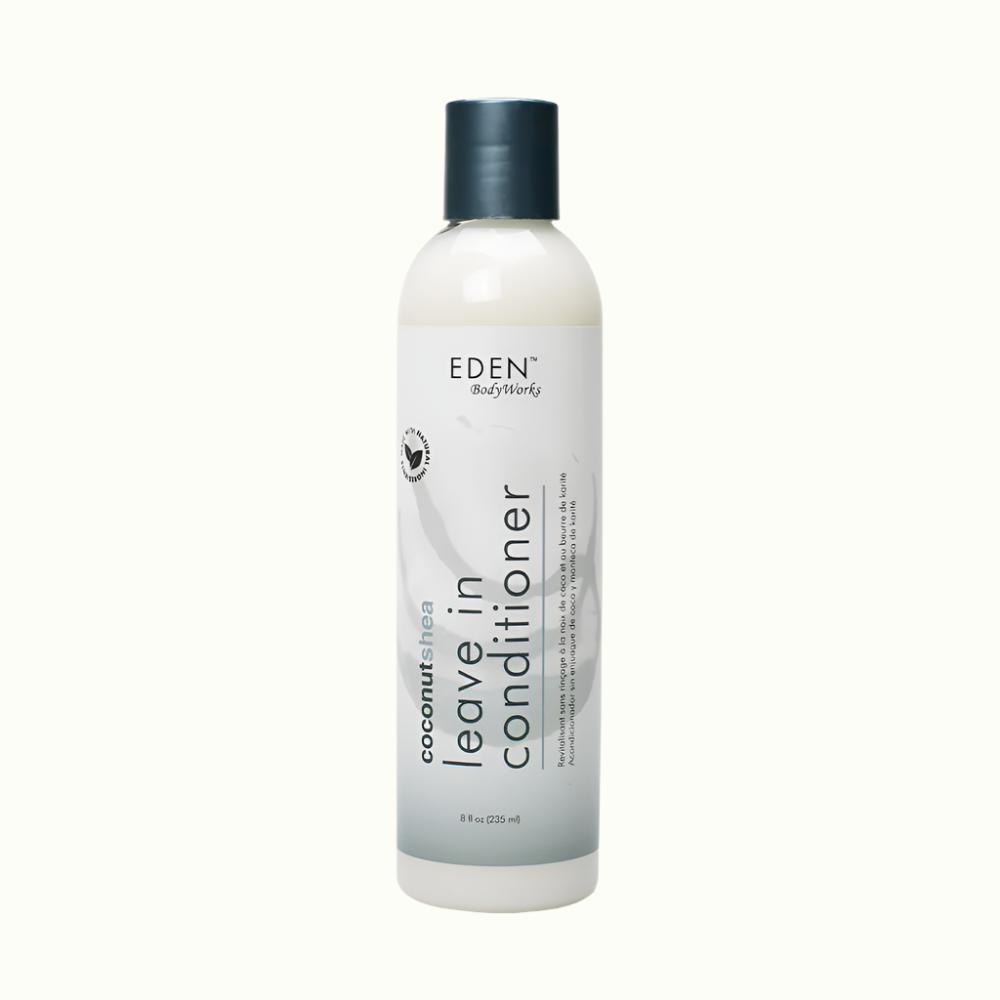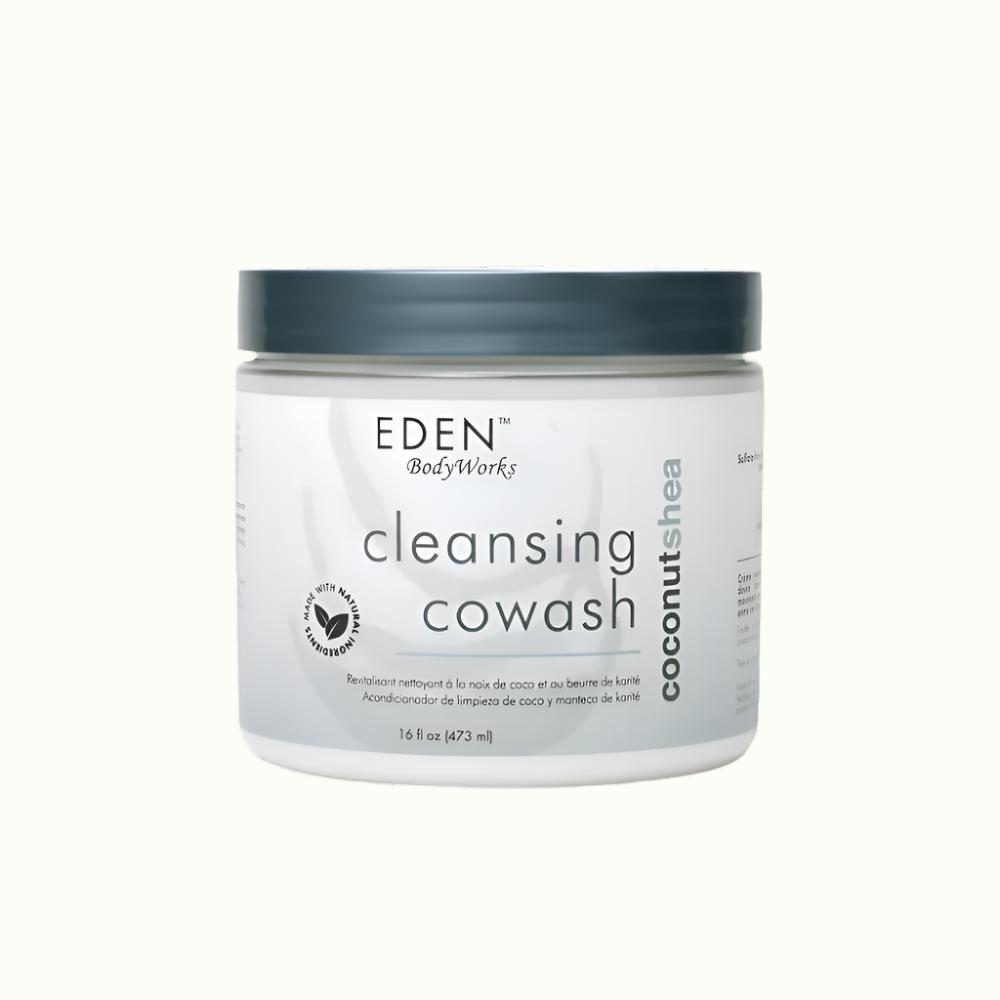Not all hair oils are created equal, and the benefits of hair oil depend on the specific ingredients used. Different oils contain various nutrients, fatty acids, and properties that cater to distinct hair types and concerns. When choosing a hair oil, it's important to consider your specific hair type, concerns, and preferences. Some oils may work better for certain hair types or issues, and a combination of oils can offer a more comprehensive range of benefits. Additionally, individuals with specific scalp conditions or allergies should be mindful of the ingredients in the hair oil they choose.

Benefits of Both Lavender Aloe Hair Growth Oil and Peppermint Tea Tree Hair Oil
Promotes Hair Growth
Both Lavender Aloe Hair Growth Oil and Peppermint Tea Tree Hair Oil contain properties that help stimulate hair growth. Lavender aloe oil is rich in nutrients that can penetrate the hair shaft and promote growth. Peppermint tea tree oil contains menthol, which has a cooling effect that improves blood flow to hair follicles, aiding hair growth.
Reduces Hair Breakage
Hair breakage can be caused by styling, heat damage, and even environmental factors. Both lavender aloe hair growth oil and peppermint tea tree hair oil can help reduce breakage. Lavender oil's nourishing properties can help strengthen hair strands, while peppermint oil can cool and soothe irritated scalps. Healthier hair means less breakage.
Soothes Scalp Irritation
Scalp irritation can lead to hair loss and dandruff. Both Lavender Aloe Hair Growth Oil and Peppermint Tea Tree Hair Oil can help soothe scalp irritation. Lavender oil has anti-inflammatory, antiseptic, and antibacterial properties that can alleviate irritation and soothe the scalp, and peppermint oil's cooling effect can help reduce scalp inflammation and itchiness.

Nourishes Hair
Nourishing your hair is essential to its growth and overall health. Both Lavender Aloe Hair Growth Oil and Peppermint Tea Tree Hair Oil contain properties that can nourish your locks. Lavender oil can provide antioxidants, vitamins, and minerals that can hydrate, soften, and strengthen the hair, while tea tree oil has antimicrobial and antifungal properties that can help fight against hair damage caused by environmental factors.
Can Promote Relaxation
Apart from the benefits listed above, both lavender aloe hair growth oil and peppermint tea tree hair oil can also help promote relaxation. According to CNET, “studies on lavender show that inhaling its scent has been shown to reduce anxiety levels and encourage sleep.” Also, “peppermint oil was able to reduce mental fatigue and increase energy levels in participants,” based on a study by the National Library of Medicine.
Oil Similarities
- Oil softens and shines but it is not a moisturizer. Both seals and locks in moisture but your curls need to have moisture before they can be sealed in.
- Enhances shine and softness.
- Reduces frizz.
- Promotes healthy scalp.

Differences In Their Ingredients
Peppermint Tea Tree Hair Oil
Peppermint Oil⎯Helps reduce dandruff and itchy scalp. It has antimicrobial and anti-inflammatory properties which help to benefit overall scalp health.
Tea Tree Oil⎯Balances the scalp's natural oil production, making it useful for combating oily hair.
Lavender Aloe Hair Growth Oil
Lavender Oil⎯Is calming and soothing effect. It helps calm down your nervous system and increases hair growth.
Aloe Vera⎯Strengthens hair and maintains + restores your PH level.
The benefits of hair oil ingredients vary, but they all share the common goal of promoting hair health and appearance. When choosing a hair oil, consider the ingredients and their benefits and choose one that works best for your hair type and specific hair needs. Remember to use hair oils in moderation and follow the specific instructions for best results. With the right oil, your hair will always look shiny and healthy!


